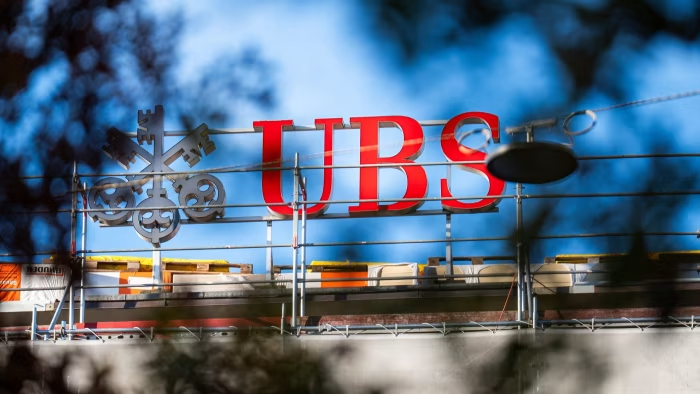Unlock the Editor’s Digest for free
Roula Khalaf, Editor of the FT, selects her favourite stories in this weekly newsletter.
UBS has told clients that it will wind down an investment vehicle with significant debt exposure to First Brands Group, in the first major fund liquidation following the US auto parts maker’s shock bankruptcy.
The Swiss bank is grappling with more than $500mn of exposure to First Brands across its asset management and investment arms, while facing particularly acute challenges at US hedge fund units that provided invoice-linked financing to First Brands.
UBS has told clients of its Chicago-based O’Connor subsidiary that it is liquidating several invoice finance funds, according to people familiar with the matter, including a strategy that did not have exposure to First Brands.
“We informed investors last month that O’Connor’s Working Capital Opportunistic funds are being wound down and the majority of the funds’ assets will be monetised by the end of the year,” UBS told the Financial Times.
“As a priority, we’re taking steps to protect clients’ interests and maximise recovery of the remaining First Brands Group-related positions through the complex bankruptcy process.”
The FT reported last month that a fund specialising in invoice finance at O’Connor, a private credit and commodities specialist, had 30 per cent of its portfolio tied to First Brands.
The level of exposure has sparked anger among some investors who were previously assured that the fund would not hold more than 20 per cent of assets in a single “position”. UBS has argued that it complied with these rules, however, as 21.4 per cent of the exposure was “indirect” and split across First Brands’ various customers.
On an earnings call last week, UBS’s chief financial officer Todd Tuckner confirmed that the bank itself “does not have balance sheet exposure to First Brands”, with “only a small number of funds” impacted, although it was “always unfortunate when clients generate losses”.
“That said, it’s important to note that the most affected funds were targeted at sophisticated investors and had clear risk disclosures,” he added. “No investment guidelines were breached.”
UBS is aiming to “monetise” 70 per cent of the O’Connor fund with First Brands exposure by the end of the year, according to a person familiar with the matter.
The bank is also liquidating a “High Grade” fund that invested in invoices linked to less risky companies, even though it did not have exposure to First Brands. The whole of that fund’s assets are expected to be sold by year-end, the person added. The invoice finance funds have a total of around $600mn in assets.
The fund liquidation comes amid growing concerns around the validity of First Brands’ customer invoices and wider jitters around the fast-growing market for private lending against corporate assets.
First Brands this week claimed in a lawsuit against its founder and longtime chief executive Patrick James that the group had raised financing against “erroneous or fabricated invoices”. James has denied allegations of fraud and financial impropriety.
O’Connor is in the process of being sold by UBS to Cantor Fitzgerald, the Wall Street brokerage whose longtime leader, Howard Lutnick, stepped down as chair and chief executive in February to become Donald Trump’s commerce secretary. The fund liquidations are likely to prompt the terms of that deal to be renegotiated, however.
The invoice financing platform that O’Connor used for its investments has also come under scrutiny.
Raistone, which was founded by a former Greensill Capital employee, became heavily dependent on arranging financing for First Brands and is also experiencing difficulties as a consequence of the bankruptcy. UBS confirmed to the FT last month that an O’Connor fund also holds an equity stake in Raistone.
Raistone is one of many parties involved in a First Brands bankruptcy hearing in Houston, Texas on Thursday, where various creditors that hold nearly $12bn in debt are expected to clash over competing claims on various collateral.
